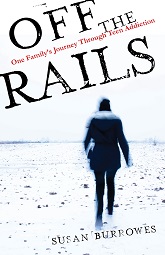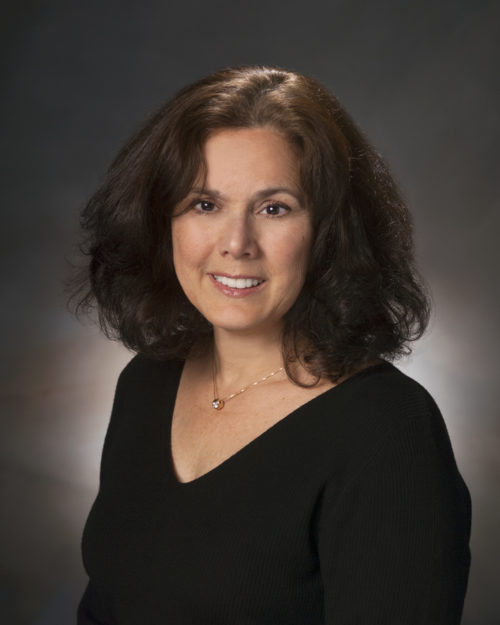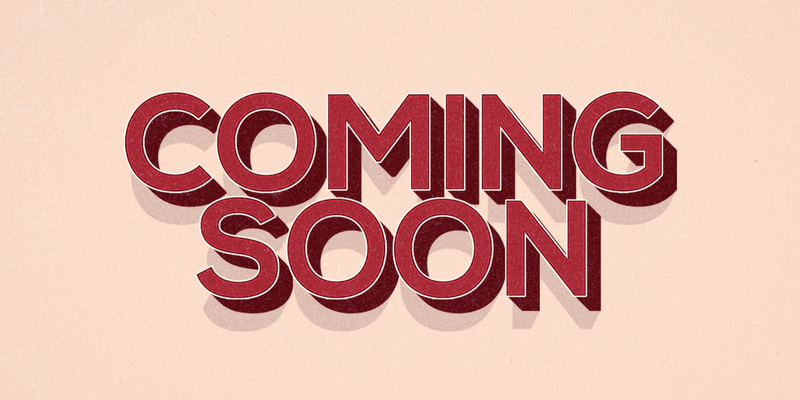I wrote my book quickly, taking months rather than years. I wrote it with the urgency of emotion, grateful that my addicted daughter was still alive and still willing to be part of our family after being sent to a brutal wilderness experience, a locked-down treatment center, and a group home. I wrote with confidence, setting down the events like weights that would help me to hold down my parenting decisions.
When I was done, I stalked the editor I wanted for more than a month before she agreed to read my book. Finally, she said yes, naming a fee twice the size I was expecting. I swallowed hard and nodded. I wanted to have the manuscript edited, published, and out of my life. A capstone to my family’s surreal experience. The end of my pain, our pain.
I met with her almost a month later at a hip coffee shop in town, a suitable launching point for my book. We sat outside, the steel chairs slightly uncomfortable, the breeze unexpectedly chilly. Her smile was warm though, as she placed the manuscript, now bristling with tabs and notes, between us. I frowned in return. It couldn’t need that much work, could it?
She patted the pages. “So, I understand you want to make this into a book?”
My mouth opened but no words were available. It’s not a book?
In the end, it took me six years of rewrites, six or so pages at a time, in the late evenings and on weekends after my day job and family responsibilities. Six years of not only reliving our family’s painful experience but of making it more vivid, more visceral for readers. I attended a writing class each week, baring my work to the eyes of talented writers, learning from their feedback and from listening to their work. I tried to figure out what it takes to write for others, not yourself. Keeping the emotion but adding craft. Losing my confidence along the way, but somehow birthing a book.
our family’s painful experience but of making it more vivid, more visceral for readers. I attended a writing class each week, baring my work to the eyes of talented writers, learning from their feedback and from listening to their work. I tried to figure out what it takes to write for others, not yourself. Keeping the emotion but adding craft. Losing my confidence along the way, but somehow birthing a book.
Everyone who writes wants to be a great writer or even just a good writer. What I learned over the years of writing is how hard that is, and why it’s important. Bringing a story to life, making a world where people can meet your characters is a wonderful way to honor the events and struggles you’ve experienced or share the fruit of your imagination.
When I was done writing, editing, choosing a cover design, developing book group questions for curious readers, and acknowledging all the good people who helped me, I decided that it was okay to bask. For a moment. Then it was time to invite others to review and criticize my words. Time to sit in front of unopened emails, breathing in the undeniable truth of my story before reading the opinion of people who read books for a living.
I found out that writing, even good writing, is not enough. I learned that we writers are expected to shrink wrap and label our pages like a package and that I would need to market my family’s pain like a product.
The words I wrote go everywhere with me; they are old friends by now, and I never lack companionship (though sometimes I don’t like what they mumble to me, quietly lecturing me about our family’s privacy and my betrayal in marketing them). I grip my iPad in my hands, the small keyboard not quite adequate to the size of the task and morality of marketing my book. The language is new to me, a novice writer: Create buzz. Launch locally. Find partners whose constituencies need my book. Line up speaking engagements. It may have taken me years to write the book, agonizing over every edit, but now it seems I must hurry. I will have to encourage sales in the first two months or stores will give up on me, on my story, and send my books back to languish in a warehouse somewhere. So, I try to find allies, as though I’m in some kind of survival show, trying to move through sucking mud, holding my words up overhead as to not sully them. I’m told to create a presence online, in magazines, local newspapers, local bookstores, and through special interest groups. It’s natural to balk. After all, I am a writer, not a marketer. I consider giving it over to the universe, letting chance decide if the book is read by others. But then I meet someone, hear of someone, see someone who needs my story, and realize that they don’t know me, don’t know my work. There, right there, is the person I hoped to reach when I was writing. If they don’t know about my book, I can’t do what I’ve set out to do, I can’t reach them, and all of the years of writing will be a ghost, existing only in some spirit world, inaccessible to most people. So I do what I can and learn to wear self-promotion like an ill-fitting wig, hoping that my exhaustion won’t peek through.

Susan Burrowes is a presenter, teacher, trainer, project manager, and author of Off the Rails, a memoir of her family’s experiences with their addicted teen daughter. She holds a Master’s degree in communication but took enough time out of her studies to produce the two extraordinary, challenging children who continue to define her life. Her career spans fifteen years in advertising, eight years teaching in the college classroom, and another ten years training professionals in organizations how to communicate with each other, an irony that was not lost on her as she struggled to reach her addicted daughter. Burrowes currently works with a team of high-achieving young adults in Admissions at the University of California, Santa Cruz, where she ponders the question of teen success on a daily basis. She writes about the strength and determination of troubled teens and special needs children.

